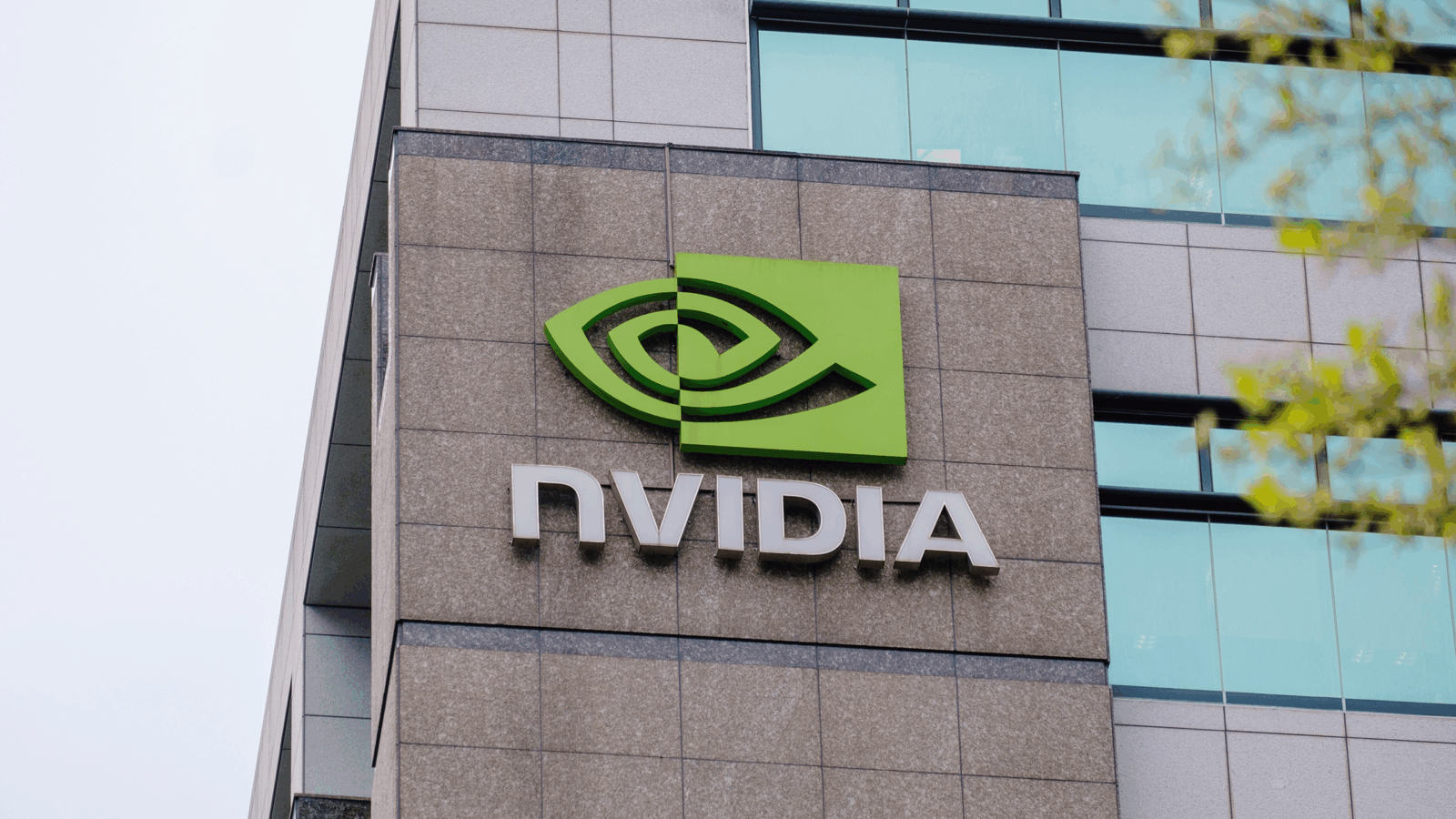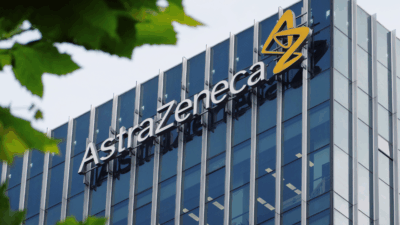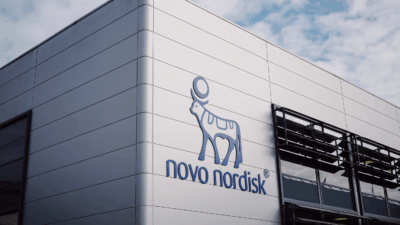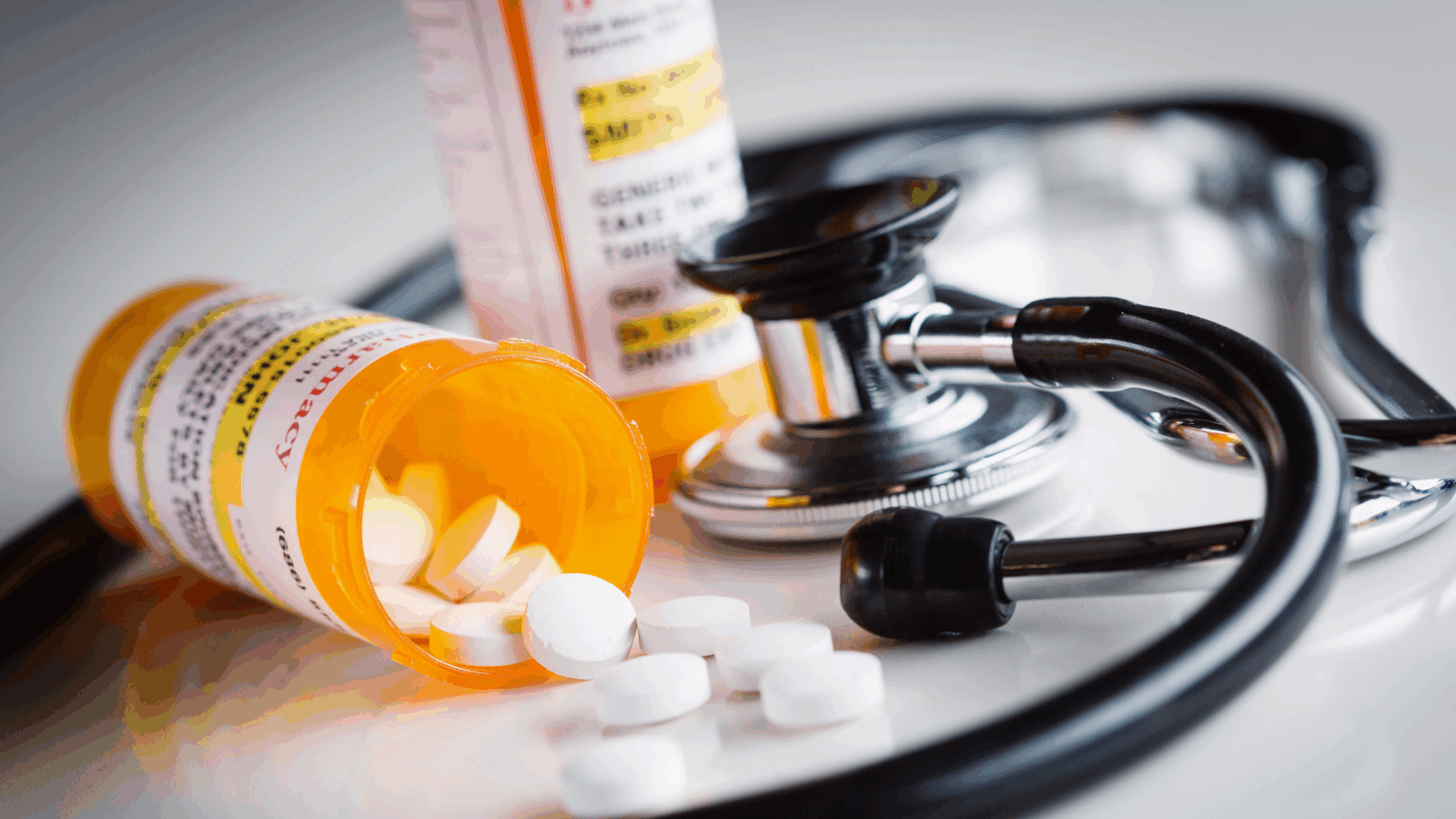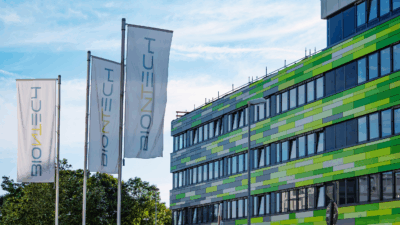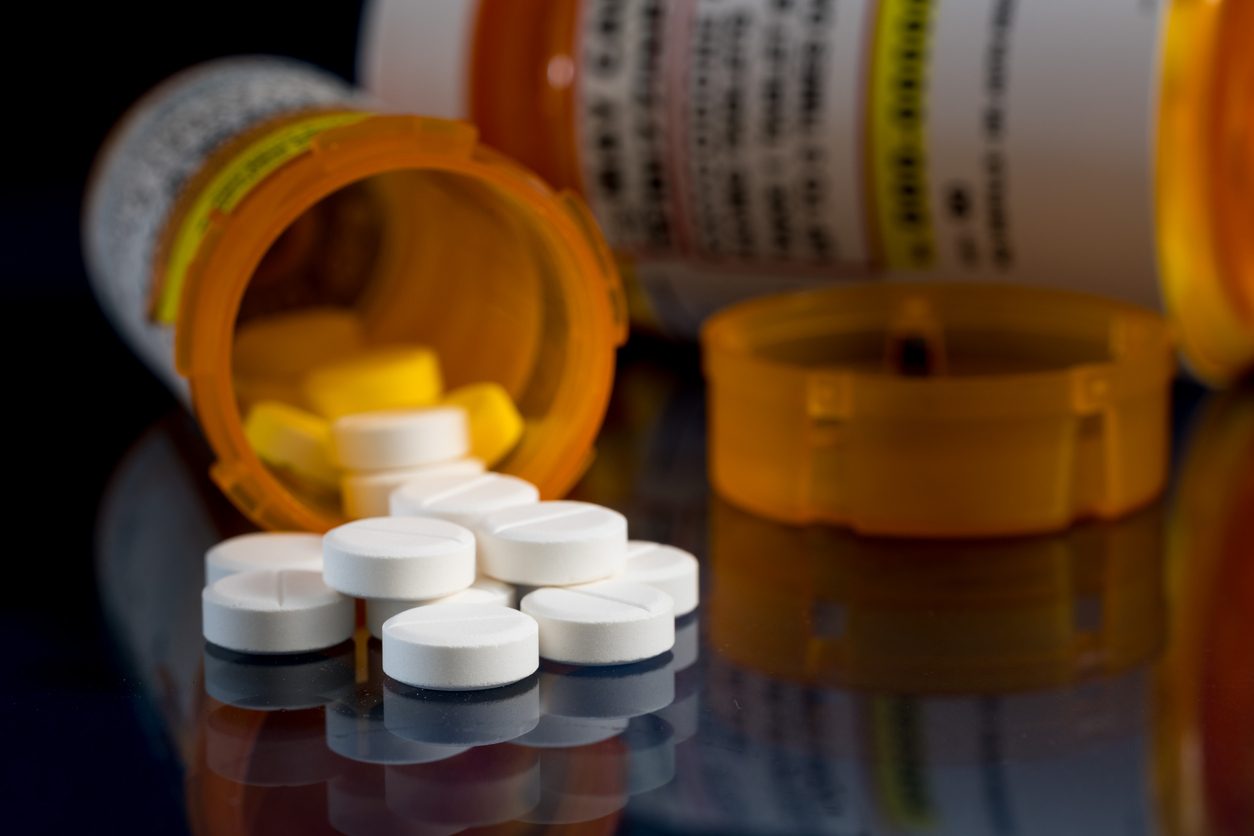
Sign up for smart news, insights, and analysis on the biggest financial stories of the day.
The FDA sent Eli Lilly back to the drawing board Thursday, but it might not be worth the hassle.
Regulators rejected a lung cancer drug the pharmaceutical giant developed with a Chinese partner, urging them to conduct further trials. But analysts say the cost may be too steep to continue, potentially setting a worrisome precedent for the growing number of US firms looking to import drugs developed in the world’s most populous country.
Nothing Personal
China has fast asserted itself as a world-leading center of medical research in recent years. In 2016, 23.8% of medical trials were initiated in the USA and only 12.5% in China, according to data consultancy GlobalData. Last year, 21.3% of studies were launched in the US and 23.1% in China.
As China’s research prowess has grown, more US companies have partnered with firms there to develop treatments, and about 25 drugs developed in China are currently seeking or close to filing for FDA approval. Eli Lilly’s lung cancer drug, an immunotherapy called Tyvyt co-developed with China’s Innovent Biologics, is a key example of the trend. But, while the drug has been approved in China, the FDA said it’s worried trials conducted there can’t be applied to US demographics:
- In its rejection, the FDA recommended Eli Lilly conduct a multiregional clinical trial of Tyvyt to get data on the drug’s effectiveness in a more diverse group of patients.
- “We have nothing against drugs being developed in China,” Richard Pazdur, the director of the FDA’s Oncology Center of Excellence, told The Wall Street Journal last month. “Our issue is, are those results generalizable to the U.S. population?”
Data Crunch: According to a 2020 study in the British Medical Journal, Chinese regulators found in 2016 that 80% of domestic drug applications had “fabricated, flawed, or inadequate data.”
Hefty Price Tag: Eli Lilly said it is exploring next steps, but Morgan Stanley analysts predicted in a research note Thursday that the company will stop pursuing the treatment in America due to the high cost of trials. US biotech companies spent an average of $1 billion to bring a drug to market between 2009 and 2018, according to a study in the medical journal JAMA.
